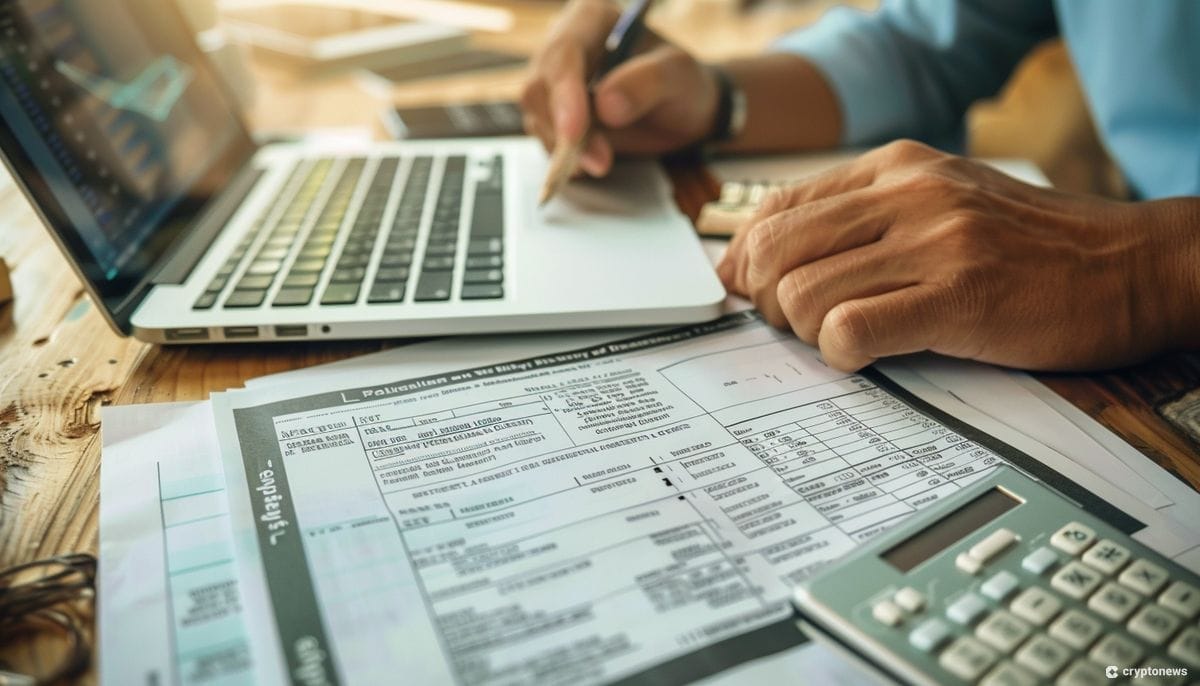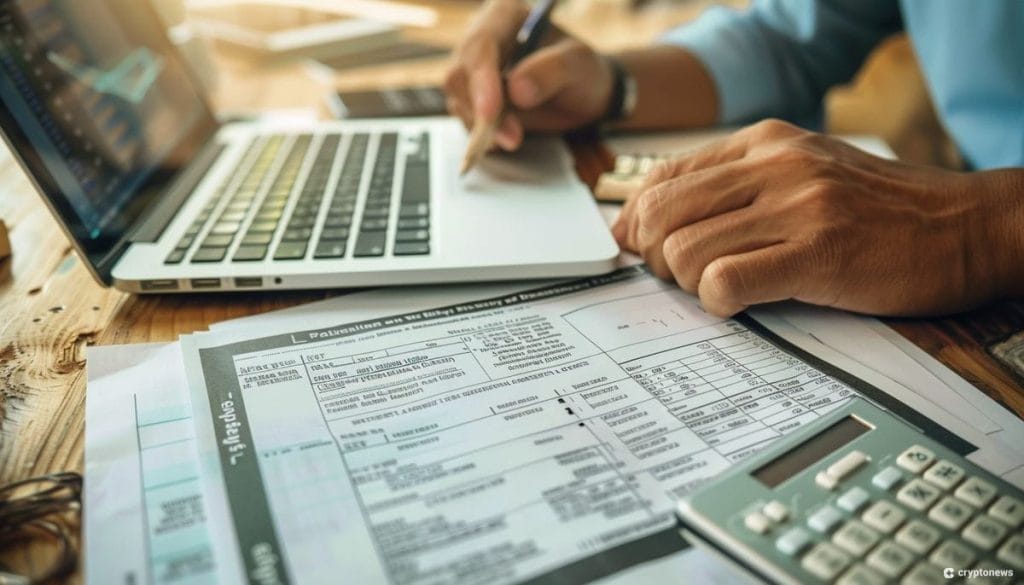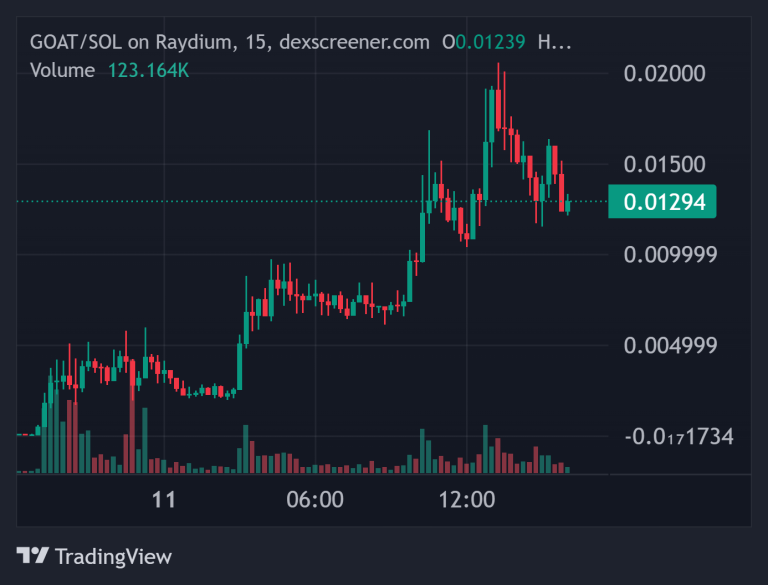Last updated:
 Why Trust Cryptonews
Why Trust Cryptonews

The U.S. Internal Revenue Service (IRS) has unveiled an updated draft of the 1099-DA tax form, which crypto brokers and investors will use to report certain transactions.
The revised version, set to take effect in 2026, aims to streamline the reporting process while addressing privacy concerns raised by the initial draft.
The 1099-DA will be used by crypto investors who engage with brokers, primarily centralized exchanges like Coinbase and Kraken, to report taxable events related to the sale and exchange of digital assets.
The IRS’s latest draft simplifies the form significantly compared to the version first proposed in April.
Revised Tax Form Eliminates Need for Wallet Addresses
The revised form eliminates the requirement for investors to input their wallet addresses and transaction IDs, which had sparked significant privacy concerns.
Additionally, the updated form no longer demands the inclusion of transaction times, only the dates, further reducing the amount of sensitive information that needs to be disclosed.
Another major change is the removal of a section that required filers to specify the type of broker involved in the transaction.
The previous draft had options like “kiosk operator,” “digital asset payment processor,” “hosted wallet provider,” “unhosted wallet provider,” and “other.” This section has been entirely omitted from the new draft, making the form less complex and less invasive.
This revision comes on the heels of the IRS finalizing regulations for crypto broker reporting requirements just two months ago.
However, the agency has indicated that it will issue separate regulations later this year to address decentralized and non-custodial brokers, which are not covered by the current rules.
Raj Mukherjee and Seth Wilks, Directors at the IRS Office of Digital Asset Initiative, emphasized the importance of the new form in helping taxpayers navigate the complexities of digital asset reporting.
“The new Form 1099-DA will help taxpayers comply with the complex world of digital assets,” they stated.
They added that this form, along with the recent 6045 broker regulations, will simplify the reporting process for digital asset gains and losses starting in the 2025 tax year.
The IRS has opened a 30-day comment period for the public to provide feedback on the proposed 1099-DA, allowing stakeholders to voice their opinions before the form is finalized.
More Countries Start Taxing Crypto
Countries around the world are increasingly recognizing the need to tax cryptocurrency holdings as the digital currency market expands.
Brazil, for instance, has introduced legislation effective from January 1, 2024, imposing a tax of up to 15% on profits from cryptocurrencies held overseas by Brazilian nationals.
Meanwhile, India continues to enforce stiff taxes on crypto transactions, maintaining a 30% tax on profits and a 1% Tax Deducted at Source (TDS) on all transactions.
Likewise, the UK national taxing authority asked crypto users last year to disclose any unpaid taxes they might have in order to avoid fines.





